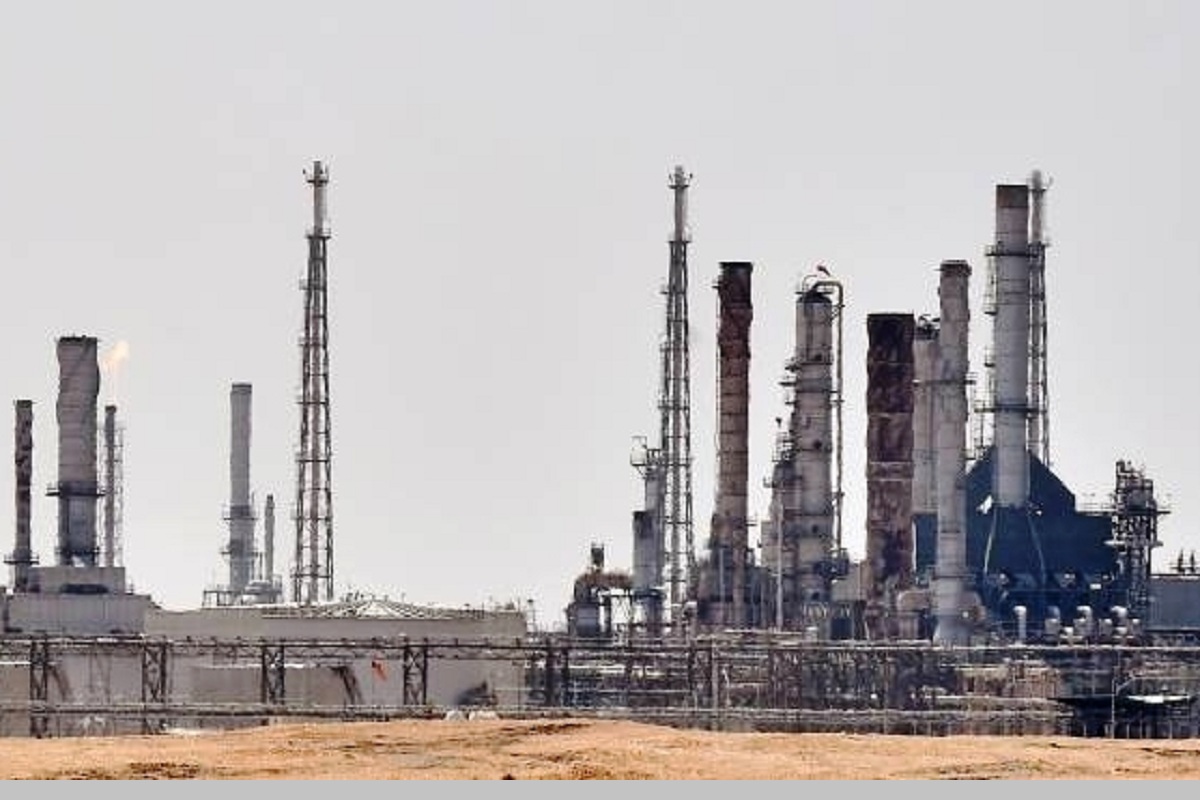Energy giant Saudi Aramco has reported a 73 per cent fall in its profit, or the net income, for the April-June quarter to $6.6 billion amid the pandemic.
During the same period of 2019, the company had reported a net income of $24.7 billion. For the first half of 2020, it has reported a net income of $23.2 billion, compared to $46.9 billion reported during the corresponding period a year ago, the company said in a statement.
Advertisement
“Aramco navigated challenging market conditions to record net income of $6.6 billion for the second quarter and $23.2 billion for the first half of 2020, respectively, compared to $24.7 billion and $46.9 billion in the corresponding periods of 2019. This demonstrates Aramco’s agility, strength and resilience across market cycles,” it said.
Noting that strong headwinds from reduced demand and lower oil prices reflected in the company’s second quarter results, Aramco President & CEO Amin H. Nasser said that the company foresees a partial recovery in the energy market as economies open up.
“We are seeing a partial recovery in the energy market as countries around the world take steps to ease restrictions and reboot their economies. Meanwhile, we continue to place people’s safety first and have adapted to the new normal, implementing wide-ranging precautions to limit the spread of Covid-19 wherever we operate,” the CEO said.
He noted that despite the challenges, the company delivered “solid earnings” because of low production costs, unique scale, agile workforce, and unrivalled financial and operational strength. This helped the company to deliver on its plan to maintain a second quarter dividend of $18.75 billion to be paid in the third quarter, Nasser added.
He added that the company will continue to pursue its long-term growth and diversification strategy to capture unrealised and additional value from every hydrocarbon molecule it produces, driving global commerce and enhancing people’s lives.
“We are determined to emerge from the pandemic stronger and will continue making progress on our long-term strategic journey, through ongoing investments in our business – which has one of the lowest upstream carbon footprints in the world,” Nasser said.











